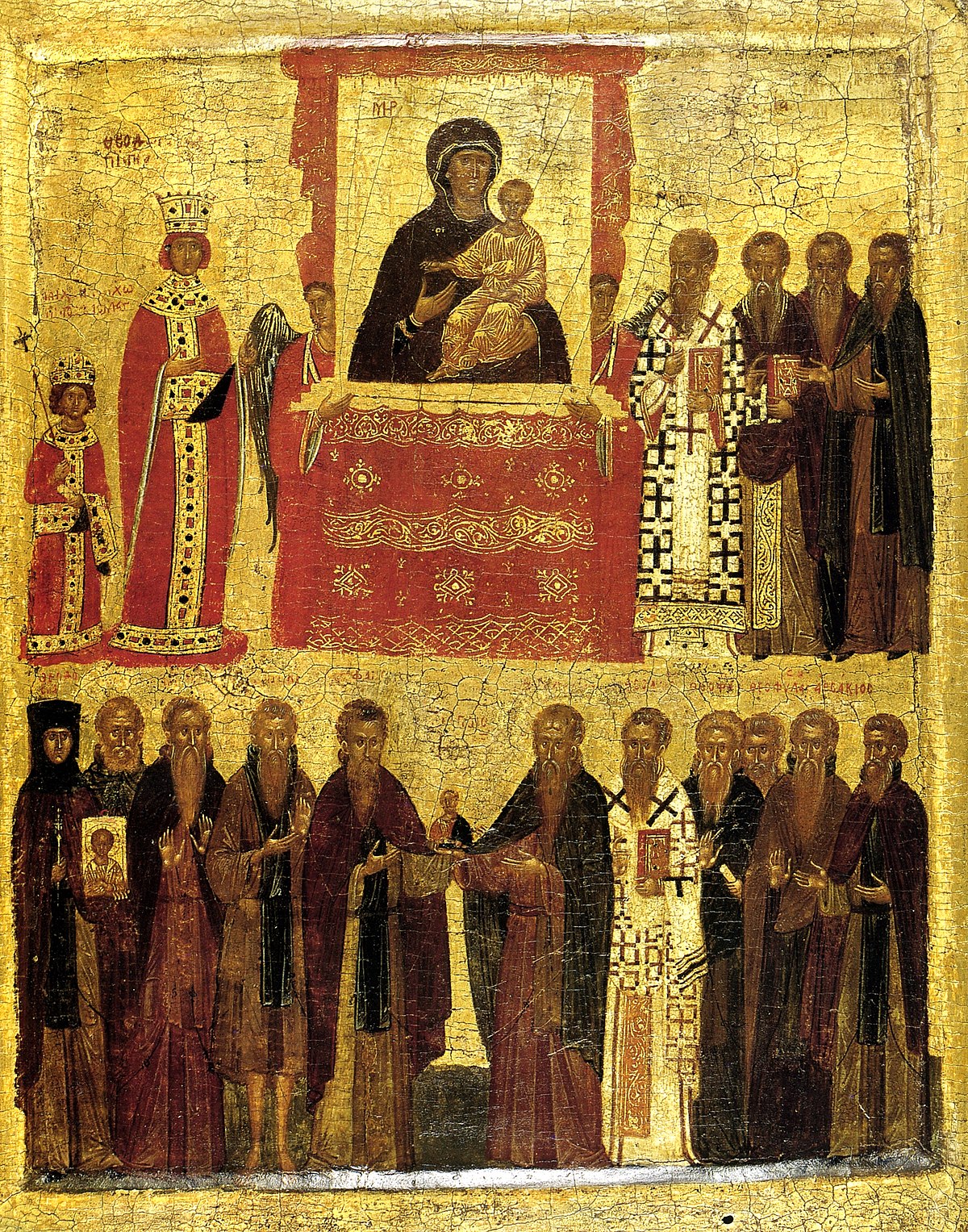Circle of Willis
Well-known member
With Christmas a few days away, this seems like a good time to pitch this question. During the mid-to-late Sengoku period, several Japanese clans were enamored not only by the trade goods brought by the 'Nanban' (Europeans - at first Portuguese & Spaniards for the most part) but also their religion. These clans converted to Christianity and promoted the new faith in their lands, where it also gained some steam with the commons - IIRC 300,000 Christians (including a number of native Japanese priests, some of whom were martyred by the increasingly anti-Christian governments of Toyotomi Hideyoshi and then Tokugawa Ieyasu) were reported at the height of Western missionary activity in Japan. As we know though, none of those clans came even close to unifying Japan (the closest to get there were the Otomo, who unified the northern half of the westernmost island of Kyushu and seemed to be a contender for control of the whole island until they were badly beaten by their regional Shimazu rivals at the Battle of Mimigawa) and Christianity was ruthlessly suppressed by the Tokugawa who did eventually unite the country.
So, what if the Oda/Toyotomi/Tokugawa triad were not the ones to unite Japan, but were instead beaten to it by a Christian (not merely Christian-friendly, but actual converts) clan? The aforementioned Otomo (the subject of many 'power of God and anime' memes from the Shogun 2 Total War community outward) seem like the best bet since they really do seem to have been the single most powerful Christian clan in Japan's Sengoku Period and their greatest lord, Otomo Sorin sent the first formal Japanese diplomatic mission to Europe. If you can think of alternatives, I'd happily hear them out: the only other potential convert/unifier I can think of right now are the Ouchi, who hosted Francis Xavier in Yamaguchi for a time but were toppled by the Mori barely a decade after the Portuguese came to Japan. In any case how does Japanese, and indeed East Asian, history proceed with Japan being a Christian-led power aligned with the Spanish/Portuguese and presumably remaining open to the world, rather than the fervently isolationist Tokugawa Shogunate of reality?
So, what if the Oda/Toyotomi/Tokugawa triad were not the ones to unite Japan, but were instead beaten to it by a Christian (not merely Christian-friendly, but actual converts) clan? The aforementioned Otomo (the subject of many 'power of God and anime' memes from the Shogun 2 Total War community outward) seem like the best bet since they really do seem to have been the single most powerful Christian clan in Japan's Sengoku Period and their greatest lord, Otomo Sorin sent the first formal Japanese diplomatic mission to Europe. If you can think of alternatives, I'd happily hear them out: the only other potential convert/unifier I can think of right now are the Ouchi, who hosted Francis Xavier in Yamaguchi for a time but were toppled by the Mori barely a decade after the Portuguese came to Japan. In any case how does Japanese, and indeed East Asian, history proceed with Japan being a Christian-led power aligned with the Spanish/Portuguese and presumably remaining open to the world, rather than the fervently isolationist Tokugawa Shogunate of reality?

